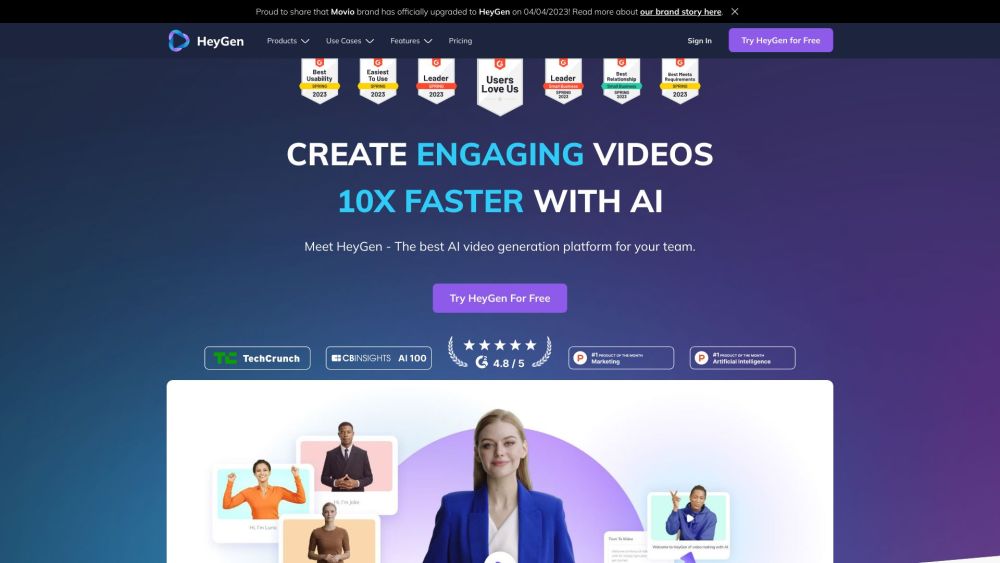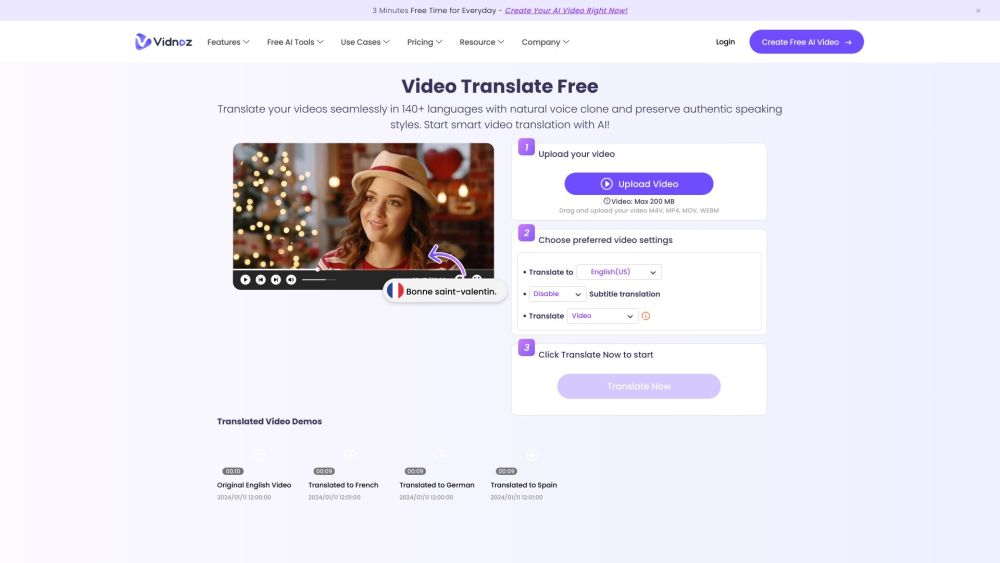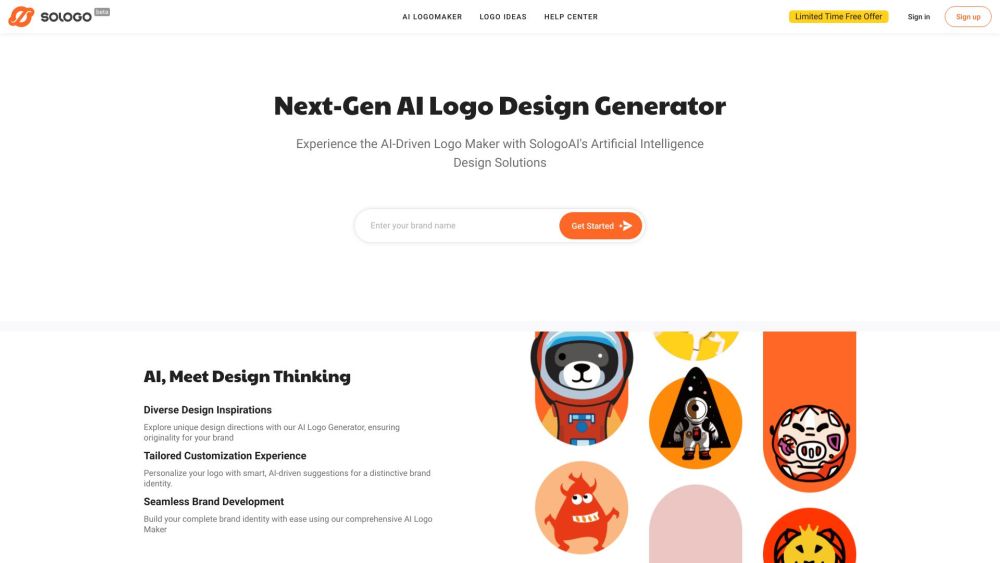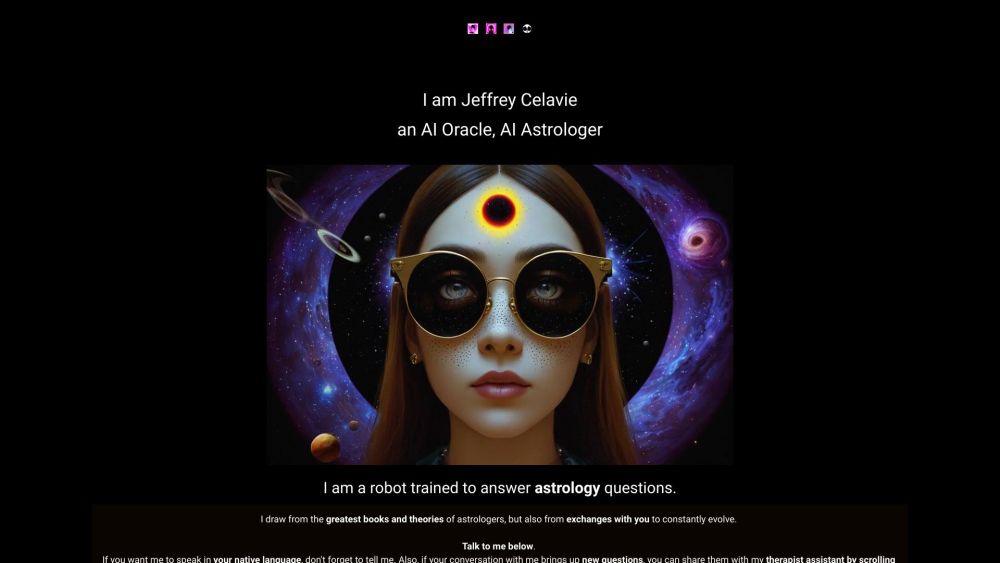OpenAI has recently unveiled its latest AI large language model (LLM), GPT-4o (for Omni), and initial reactions are already flooding in.
At this early stage, feedback is mixed. While some viewers left OpenAI's brief, 26-minute demo wanting more, the company has since released multiple video demonstrations and additional information. GPT-4o is touted to be faster, more affordable for developers, and significantly better at detecting and mimicking human emotions, primarily through audio capabilities.
The model is free for all ChatGPT users, including non-subscribers, though paying subscribers will be the first to access it as the rollout occurs over the coming weeks. Currently, it supports text and vision functionality, with audio and video capabilities expected soon.
GPT-4o has been developed to treat text, audio, and visual data equally, converting all forms into tokens. This innovation leads to improved speed and reduced costs.
Here’s what experts and influencers are saying:
Jim Fan, a senior research manager at Nvidia, remarked, "OpenAI is eating Character AI's lunch… This is a pivot towards more emotional AI with strong personality, which OpenAI seemed to suppress in the past."
Ethan Mollick, a professor at the Wharton School of Business, pointed out, "GPT-4o isn’t the big leap. This is."
Allie K. Miller, an AI influencer, expressed enthusiasm for the new macOS ChatGPT app powered by GPT-4o, saying, "It’s basically a coworker on screen share with you 24/7, with no fatigue. I can imagine people working for hours straight with this on."
Benjamin De Kraker, an AI developer, argued that GPT-4o represents a significant advancement toward artificial general intelligence (AGI), stating, "What else do you call it when a virtual 'person' can listen, talk, see, and reason almost indistinguishably from an average human?"
Siqi Chen, another developer, highlighted GPT-4o’s ability to render 3D objects from text, claiming, "This will prove to be in retrospect by far the most underrated OpenAI event ever."
In contrast, journalist James Vincent critiqued the marketing strategy, labeling it "canny" while cautioning that voice interaction does not necessarily signify a leap in capability.
Chirag Dekate, a VP at Gartner, found the unveiling "a bit underwhelming," comparing it to Google's Gemini demos from months prior. He noted a growing "capability gap" between OpenAI and established tech giants like Google and Microsoft, which have extensive data and infrastructure to support their models.
Some responses have been harsher; an anti-technology influencer, "Artisanal Holdout," criticized the launch timeline of GPT-4o as underwhelming compared to expectations for GPT-5.
Conversely, Greg Isenberg, CEO of Late Checkout, asserted that "The pace of change is unbelievable," while AI educator Min Choi praised the release, stating it would "completely change the AI assistant game."
With GPT-4o still in its infancy and many features yet to be introduced, it has already generated passionate responses, indicating that OpenAI has tapped into significant interest.
Stay tuned for our own evaluation as we test the new model in the coming days.




